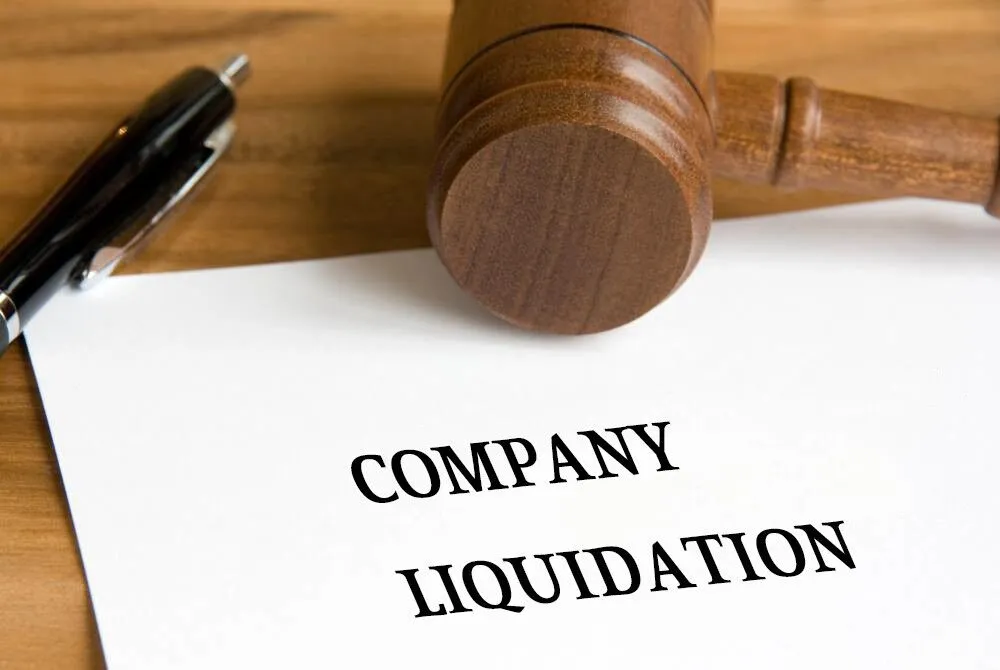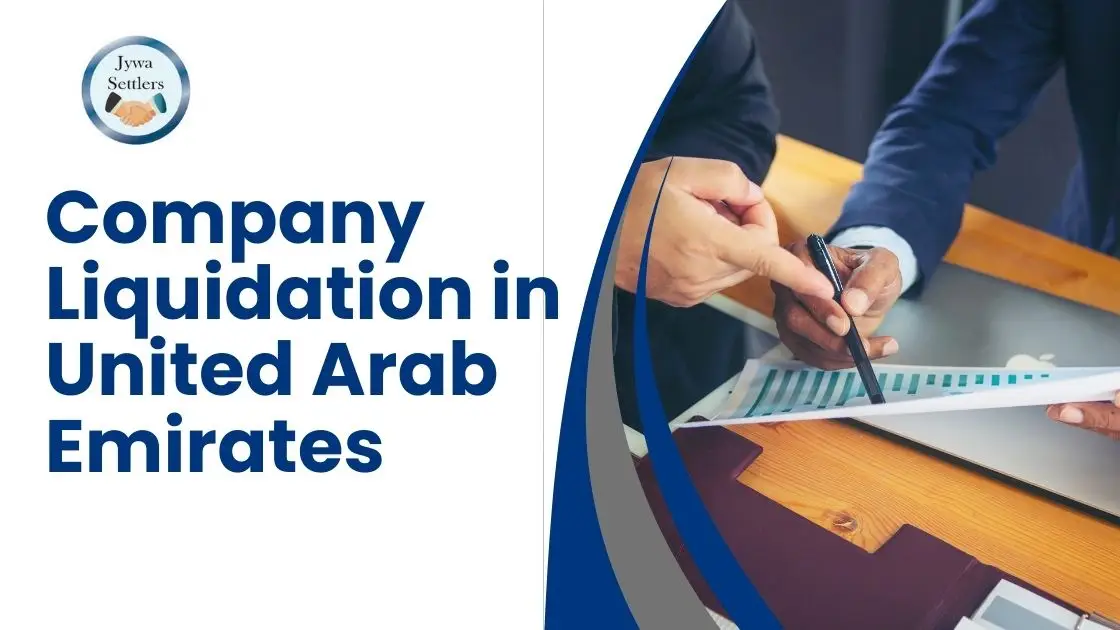Company liquidation is a significant process that businesses may encounter during their lifecycle, whether due to restructuring, financial difficulties, or changes in ownership. In the UAE, navigating the complexities of company liquidation requires careful planning, adherence to regulatory requirements, and expert guidance. At JYWA SETTLERS, we specialize in providing comprehensive company liquidation services in the UAE, assisting businesses in efficiently and effectively winding up their operations. In this detailed guide, we will explore the intricacies of company liquidation in the UAE, the steps involved in the process, and how JYWA SETTLERS can help businesses navigate this challenging procedure.
Understanding Company Liquidation in the UAE:
Company liquidation, also known as winding up or dissolution, refers to the process of bringing a company’s operations to an end and distributing its assets to creditors and shareholders. In the UAE, company liquidation can take various forms depending on the type of company, its financial status, and the reasons for liquidation. Whether it’s voluntary liquidation initiated by the shareholders or compulsory liquidation ordered by the courts, the process involves several steps and regulatory requirements that must be followed meticulously to ensure a smooth and legally compliant winding up.
The Steps Involved in Company Liquidation:
- Initial Assessment: The first step in the company liquidation process is to conduct a thorough assessment of the company’s financial status, assets, and liabilities. This involves gathering relevant documents, such as financial statements, shareholder resolutions, and legal agreements, to determine the company’s eligibility for liquidation and the appropriate course of action.
- Appointment of Liquidator: Once the decision to liquidate the company has been made, a liquidator must be appointed to oversee the process. The liquidator may be appointed by the shareholders or creditors, depending on the circumstances of the liquidation.
- Notification and Publication: The liquidation process must be formally notified to relevant stakeholders, including creditors, employees, and regulatory authorities. This typically involves publishing notices in local newspapers and notifying government agencies of the company’s intention to liquidate.
- Settlement of Debts: The liquidator is responsible for settling the company’s debts and liabilities, including outstanding payments to creditors, employees, and other stakeholders. This may involve selling assets, negotiating payment terms, and resolving any outstanding disputes.
- Distribution of Assets: Once all debts and liabilities have been settled, the remaining assets of the company are distributed to shareholders according to their entitlements. This may involve selling assets, distributing cash reserves, or transferring ownership of assets to shareholders.
- Closure and Deregistration: Finally, once all assets have been distributed and all legal and regulatory requirements have been fulfilled, the company can be formally closed and deregistered with the relevant authorities. This involves filing the necessary documentation with the authorities and obtaining clearance certificates to confirm the completion of the liquidation process.
How JYWA SETTLERS Can Help:
At JYWA SETTLERS, we specialize in providing comprehensive company liquidation services in the UAE, guiding businesses through every step of the liquidation process with expertise and professionalism. Here’s how we can help:
- Expert Guidance: Our team of experienced professionals offers expert guidance and support throughout the company liquidation process, ensuring compliance with regulatory requirements and minimizing potential risks and liabilities.
- Documentation Assistance: We assist businesses in preparing and filing the necessary documentation for company liquidation, including shareholder resolutions, liquidator appointments, and notices to creditors and regulatory authorities.
- Asset Management: We help businesses manage the sale and distribution of assets during the liquidation process, ensuring fair and equitable treatment of creditors and shareholders.
- Debt Settlement: We work closely with creditors to negotiate settlement terms and resolve outstanding debts, helping businesses fulfill their obligations and expedite the liquidation process.
- Regulatory Compliance: We ensure that businesses comply with all legal and regulatory requirements for company liquidation in the UAE, including notification and publication requirements, tax filings, and closure procedures.
Conclusion:
Company liquidation is a complex and challenging process that requires careful planning, expertise, and adherence to regulatory requirements. With JYWA SETTLERS as your trusted partner, you can navigate the complexities of company liquidation in the UAE with confidence and ease. Our comprehensive company liquidation services are designed to help businesses efficiently wind up their operations while minimizing risks and liabilities. Contact us today to learn more about how we can assist you with company liquidation in the UAE and ensure a smooth transition for your business.






